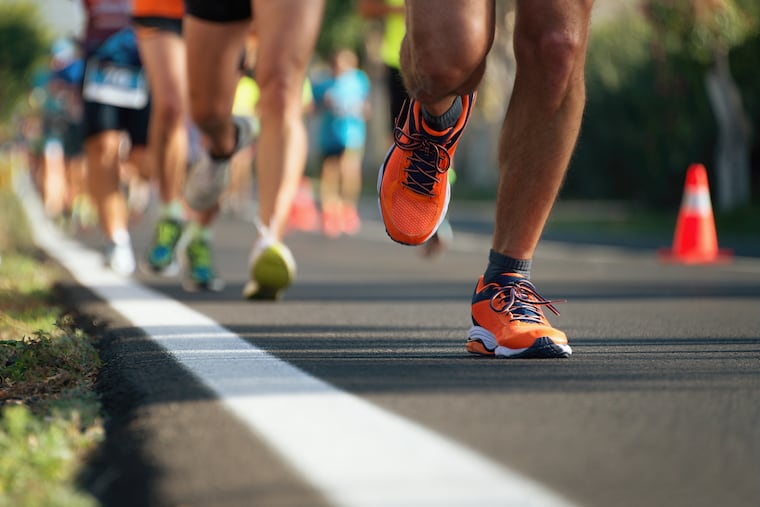Running to an early grave | Kimberly Garrison
Running may not be the king of exercise, after all.

My friend loved running. She initially began running to shed a few excess pounds after pregnancy and to stay healthy. She loved the endorphin high she received from running and she said it made her feel totally free.
However, her love for running eventually turned into an obsession, that ultimately took a significant toll on her health (resulting in knee and hip replacements), and eventually led (I believe) to her premature death at 49.
My friend, like many Americans, believed if a little is good, then more must be better. This belief was deeply entrenched in her mind, and I think it’s true for much of our national psyche, too. When it comes to exercise, and especially running, many of us are trapped in a vicious cycle of what I call exercise abuse.
In America, running is considered the king of exercise, right? For decades, we been told that running is good for your cardiovascular health, and in the prevention of diseases like heart disease, diabetes, and obesity, right? Running strengthens your bones and may help you live longer too, right?
Well, the beliefs we have about running may not necessary be true, especially if you’re over 35, according to scientific research published in the British journal Heart. According to that report, “extreme endurance exercise may exact a toll on cardiovascular health … cause excessive ‘wear-and-tear’ on the heart, inducing adverse structural and electrical remodeling, which offsets some of the cardiovascular benefits and longevity improvements conferred by moderate physical activity.”
Translation: Daily extreme exercise (like running) is likely doing more harm than good, and simultaneously erasing many of the health benefits you were seeking to gain. What’s extreme, you ask? According to that report, which followed about 53,000 people for 30 years, those who ran for more than 20 to 25 miles per week (2.8 to 3.57 miles a day) lost their longevity advantage.
But hold up, wait a minute — the results of that study are a total contradiction of what many of us have been led to believe about running and benefits to our health. Perhaps, had they known, my friend and many colleagues who committed themselves to daily running (of 5 or more miles per day), could have been spared the pain and trauma from the injuries and disabilities that they suffered from running.
I know it’s hard to unpack all of this, but it does make sense when you really think about it. Are our delicate bodies designed to run on unforgiving concrete? Even with the best running shoes in the world, a typical runner lands putting 1.5 to 3 times her body weight, which puts tremendous pressure on joints, ligaments, and bones. So, a mythical 100 pound runner, puts between 250 to 300 pounds of pressure per foot strike on her body.
Still unconvinced? Naturally, there will be critics who will debunk and disregard the research data. To those critics, I say, remember Jim Fixx, the author of the 1977 best seller The Complete Book of Running, which popularized and initiated our national love affair with running. Poor Jim died from a heart attack after his daily run at the age of 52.
So the moral of this story is, there’s no need to beat yourself into the ground running. Ultimately, our goal should be to age gently, gracefully, and with minimum to no damage. So yeah, once again, it is the tortoise, and not the hare that wins the race.